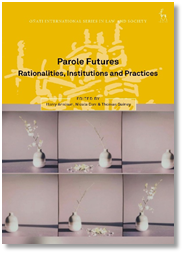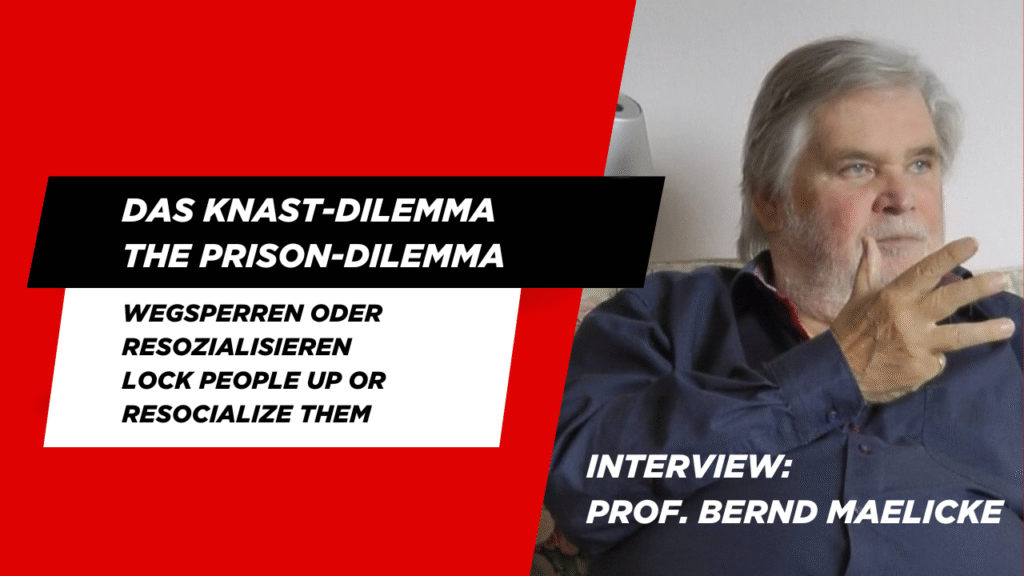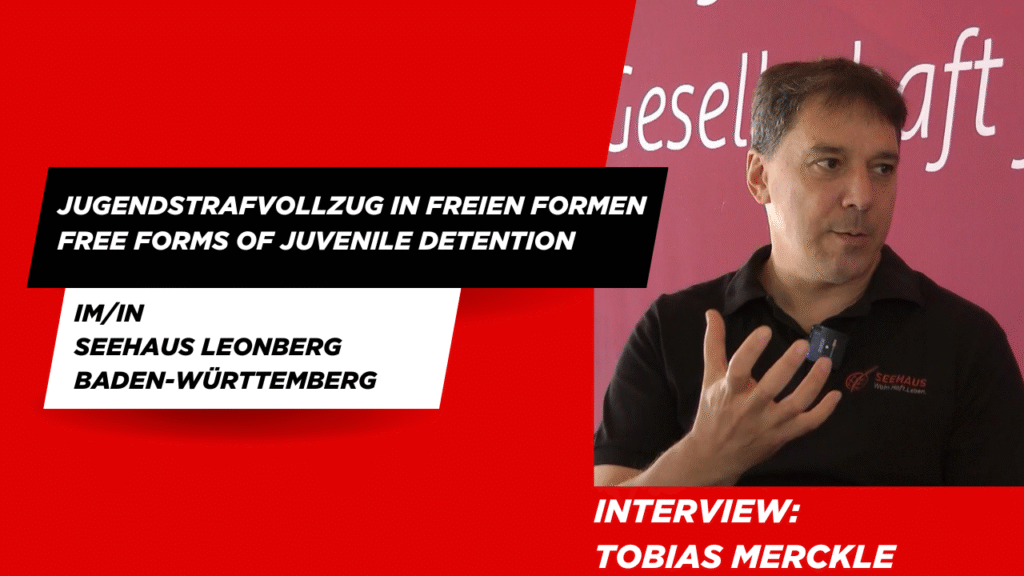Previous Article
News
A day in the life of an Austrian Probation officer
My day starts between 8 and 9 in the morning when I arrive in the office. If there are no team meetings or court hearings I can organise my day rather freely and adjust to the needs of my clients (i.e. their work hours); this freedom also improves my work-life balance.
written by Jürgen Bamberger
Daily schedule

I start by checking my emails, voice mails and text messages before meeting my first clients. The beauty of my job is the variety of people I get to meet. In probation service I deal with a lot of different personalities and age groups, which enriches my work routine. The conversations with the clients follow a structured red thread which is focusing on processing their record of crimes and misdemeanours. Sometimes it’s also necessary to support the clients in dealing with everyday challenges they face. Apart from meeting them in the office, I also accompany them to court hearings that I prepare in advance. I have to write a report for the court and support my client before and after the hearing. In my experience my support can be very reassuring. My suggestions regarding future conditions are valued by the court and its judges. They sometimes also include them in the sentencing.
Multi-facetted and diverse job
What makes my job so exciting and gives it so much variety is making regular home visits. The region for which our department is responsible covers a very beautiful county in the south of Austria. I travel there every one and a half weeks for a full day. It is essential in the life of a probation officer to dip into the clients’ personal lives and realities. These insights give me a really good idea about their situation. It also helps us focus on relevant goals.
I regularly have appointments in the evening, because I lead a team of volunteer probation officers and am responsible for their training and supervision. My volunteers come from different occupational backgrounds and age groups, which makes these meetings so special and interesting.
Apart from “one-on-one” sessions, I also work with groups as an anger management trainer where I am confronted with group dynamics. My individual clients also benefit from the experiences I gain in these group settings.
Radicalisation
As a parole officer I specialise in dealing with clients who were sentenced for being involved in terrorist organisations. Dealing with those clients requires the ability to be open minded towards societal, religious, cultural and political topics while also being able to represent an alternative and deal with the differences of opinion. Tendencies towards radicalisation occur across social groups; the causes are multifactorial. Identifying the underlying dynamics and working on them with the clients is fascinating and very rewarding.
Comeback as a parole officer
A very important aspect of professional social work is the exchange and discussion between colleagues. Aside from regular team meetings we have an open door policy in our organisation. There’s always someone to give you informal feedback, which helps me review my own work.
I’ve been working in the social sector for many years and while doing so I have gained experience in many different areas. After being self-employed for three years I am happy to be back at NEUSTART as a parole officer again. I also enjoy other fields within our range of services – such as family net conferencing. Fingers crossed I have many more years left in this multi-facetted and diverse job!
for more information about NEUSTART visit their website.

Related News
Keep up to date with the latest developments, stories, and updates on probation from across Europe and beyond. Find relevant news and insights shaping the field today.

Probation in Europe, Technology
Have Your Say: EU Call for Evidence on the Digitalisation of Justice (2025–2030)
18/08/2025
The European Commission has opened a Call for Evidence on the Digitalisation of Justice: 2025–2030 European Judicial Training Strategy.
Reading corner

Criminal Justice
Parole Futures
18/08/2025
At a time when many parole systems are experiencing considerable strain, the aims of this collection are twofold: first, to encourage systematic and critical reflection on the rationalities, institutions and practices of parole. Second, to think big, and pose ambitious ‘what if’ questions about the possible futures of parole and prison release. Offering novel insights from Asia, Australia, Europe, North America and South America, this collection builds the case for, and then showcases, a ‘way of doing’ parole research that is global in outlook, interdisciplinary in approach and unapologetically normative in character.
New

Probation in Europe
New Vodcast Episode: Prof. Bernd Maelicke on The Prison-Dilemma
12/08/2025
The 13th episode of Division_Y features an in-depth conversation with Prof. Bernd Maelicke, one of Germany’s most respected voices in prison and probation reform.
New

Probation outside Europe
CEP Ambassador Steve Pitts Receives Prestigious Japanese Honour
05/08/2025
We are pleased to share that CEP Ambassador Steve Pitts has been awarded the prestigious Order of the Rising Sun, Gold Rays with Rosette by the Government of Japan. The honour was officially presented on 25th July 2025 at a formal ceremony held at the Japanese Ambassador‘s residence in London, hosted by the Japanese Ambassador.
New

CEP Events
Mark Your Calendars: Exciting Probation Events Ahead
30/07/2025
As the season continues, we’re looking ahead to a dynamic line-up of events across Europe. From specialised workshops to international training and conferences, there’s something valuable for everyone working in probation and beyond.
New

Probation in Europe
New Vodcast Episode: Tobias Merckle on Free Forms of Juvenile Detention
12/07/2025
The 12th episode of Division_Y features an engaging discussion with Tobias Merckle, a social worker and social entrepreneur from Baden-Württemberg, Germany.
Subscribe to our bi-monthly email newsletter!
"*" indicates required fields
- Keep up to date with important probation developments and insights.

